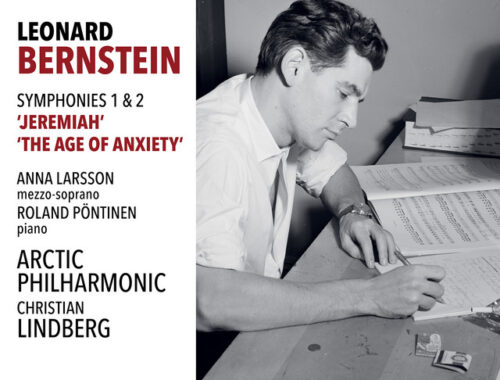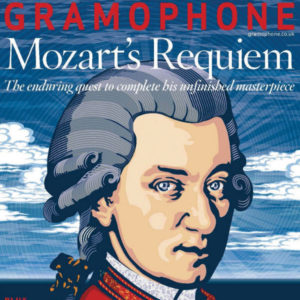GRAMOPHONE Review: Mahler Symphony No. 4 – Munich Philharmonic/Valery Gergiev
 This is a trickiest of discs to write about – unremarkable performances often are. For the first few pages that’s how it felt: a sound tempo, fluent, elegant enough playing, but also a sense of a reading on “automatic pilot”. Even the well-mannered Viennese rubatos sound prescribed, applied more than they are felt. But now and then a quickening of the pulse does suggest more engagement from the performers and as the fairy-tale-like narrative darkens and things start going bump in the night a bit of welcome temperament starts to emerge from Gergiev and his Munich players. The lengthy approach to the first movement climax generates the kind of excitement you expect from the Russian maestro – meaning he’s more effective in crisis than repose – but truth to tell the wonder isn’t there and moments like the famously rapt one prior to the coda when the opening theme magically steals back in again are not as transporting as they can be.
This is a trickiest of discs to write about – unremarkable performances often are. For the first few pages that’s how it felt: a sound tempo, fluent, elegant enough playing, but also a sense of a reading on “automatic pilot”. Even the well-mannered Viennese rubatos sound prescribed, applied more than they are felt. But now and then a quickening of the pulse does suggest more engagement from the performers and as the fairy-tale-like narrative darkens and things start going bump in the night a bit of welcome temperament starts to emerge from Gergiev and his Munich players. The lengthy approach to the first movement climax generates the kind of excitement you expect from the Russian maestro – meaning he’s more effective in crisis than repose – but truth to tell the wonder isn’t there and moments like the famously rapt one prior to the coda when the opening theme magically steals back in again are not as transporting as they can be.
Gergiev enjoys the gremlins in Mahler. Death, the ill-tuned fiddler, of the second movement is spiky and capricious with some characterful wind playing – but the middle section, transfused as it is with a rosy nostalgic glow (and wreathed in portamento), isn’t enjoyed enough: the sigh of contentment needs to register in every one of those portamentos.
So why do I not believe Gergiev, why does it so often feel like he is gliding across the surface of this music. The opening of the slow movement is a case in point: the spiritual luminosity just isn’t there; it isn’t auspicious. Indeed the entire movement doesn’t feel emotionally “connected” to me. So when the great “heaven’s gate” climax arrives it seems to come from nowhere – overwrought, loud, and just plain vulgar. And not helped by the congested, boxy, effect of the recording under pressure. I don’t know the sound of the Philharmonie im Gasteig, Munich, but neither hall nor the way it is captured here open to this music.
The best thing about the disc is soprano Genia Kuhmeier who is lovely and very much “in the moment” of the Heavenly Life finale. The confidential hushed tone of her final stanza achieves just the right degree of heart-easing rapture. A pity she couldn’t infect Gergiev with a little more of that. With so many special recordings of this piece in the catalogue, enough said, I think.
You May Also Like

A Conversation With JAMIE BERNSTEIN
02/09/2010
John Weidman on Pacific Overtures & collaborating with Stephen Sondheim
01/12/2023

